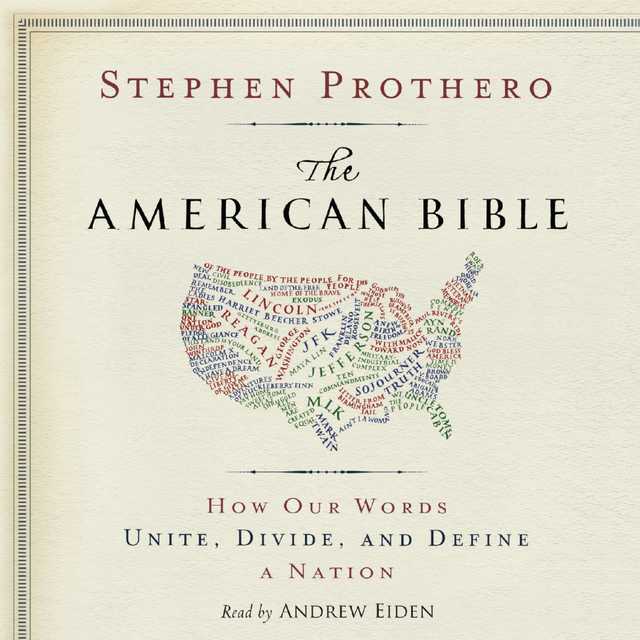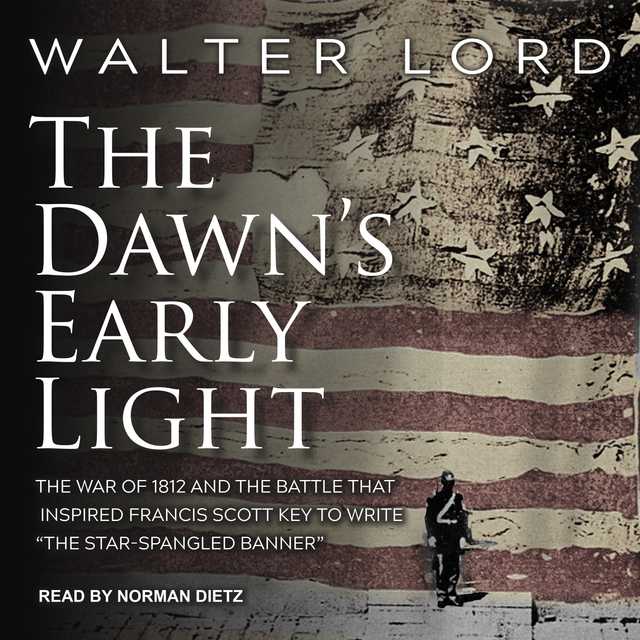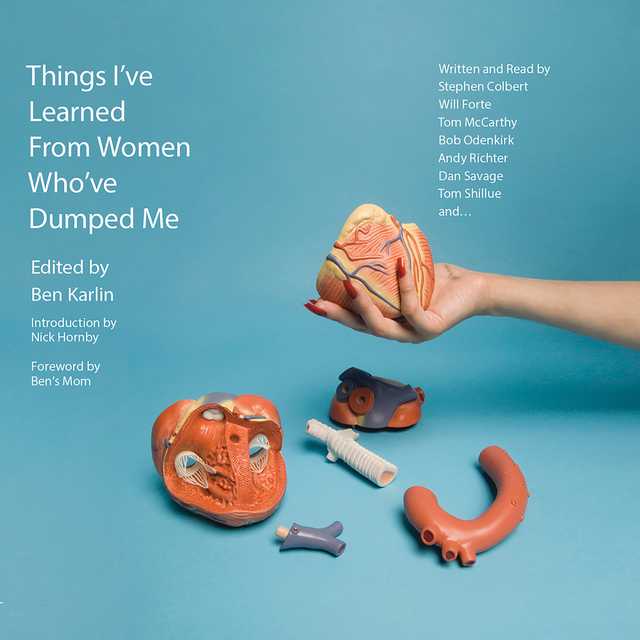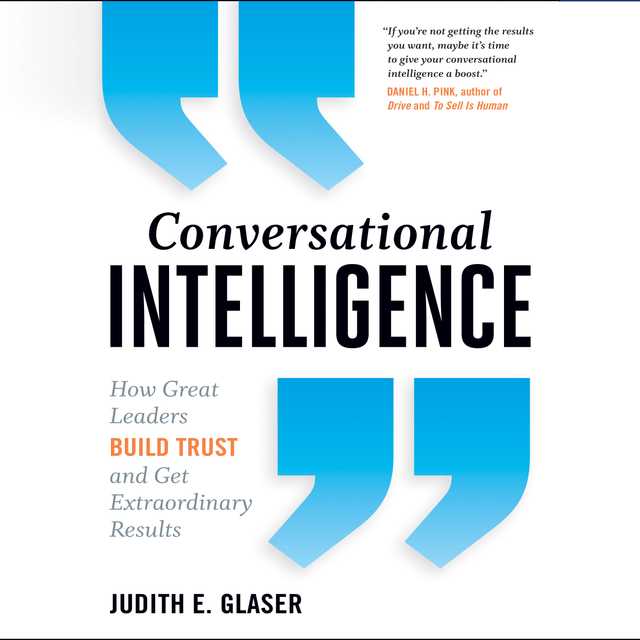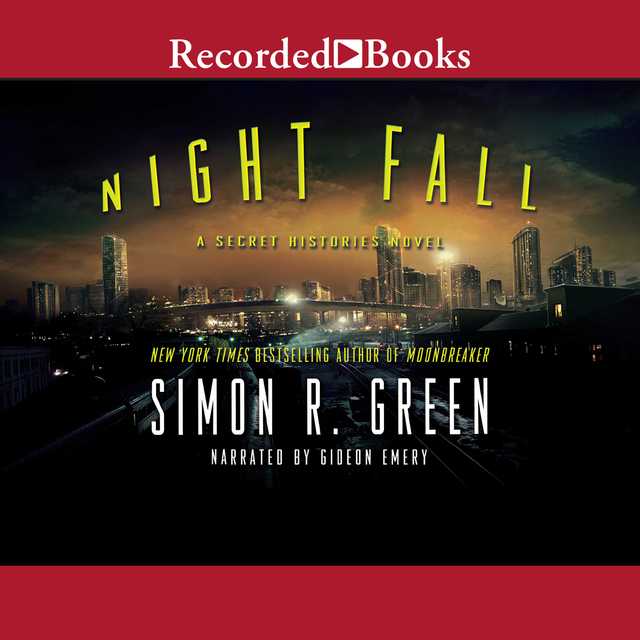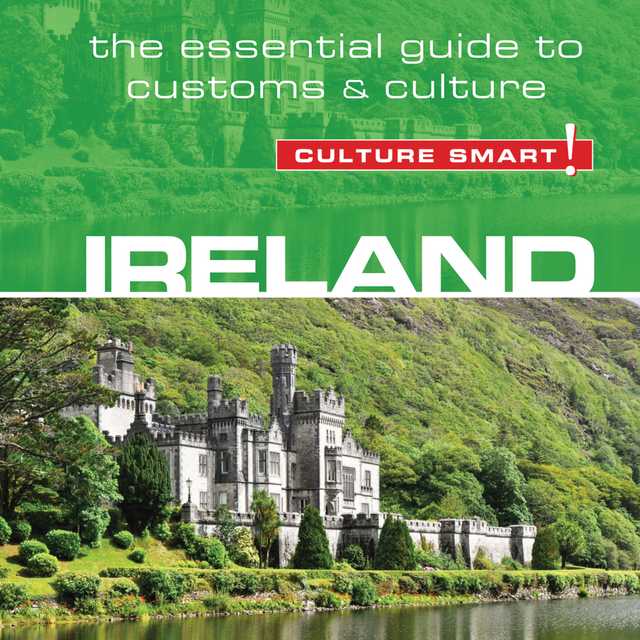The American Bible Audiobook Summary
The New York Times bestselling author of Religious Literacy and God Is Not One presents a provocative crash course in the great “American scriptures”–those texts that have both divided and defined our understanding of what it is to be American. Stephen Prothero, a go-to expert on religion and media for none other than Stephen Colbert, gives readers an exciting and user-friendly introduction to American cultural history in The American Bible. Highlighting the touchstones of our collective cultural legacy, from the Bill of Rights to the Gettysburg Address, from Moby Dick to The Catcher in the Rye, from “Yankee Doodle” to “The Star-Spangled Banner” and beyond, Prothero’s stirring and provocative handbook peels back the curtain on the inner workings of what makes America tick.
Other Top Audiobooks
The American Bible Audiobook Narrator
Andrew Eiden is the narrator of The American Bible audiobook that was written by Stephen Prothero
Stephen Prothero is the New York Times bestselling author of Religious Literacy and God Is Not One and a professor of religion at Boston University. His work has been featured on the cover of TIME magazine, The Oprah Winfrey Show, The Daily Show with Jon Stewart, The Colbert Report, NPR, and other top national media outlets. He writes and reviews for the New York Times, The Wall Street Journal, Boston Globe, The Washington Post, USA Today, Los Angeles Times, Salon, Slate, and other publications. Visit the author at www.stephenprothero.com or follow his tweets @sprothero.
About the Author(s) of The American Bible
Stephen Prothero is the author of The American Bible
More From the Same
- Publisher : HarperAudio
- Abraham
- American Gods [TV Tie-In]
- Dead Ringer
- House of Sand and Fog
- Prey
The American Bible Full Details
| Narrator | Andrew Eiden |
| Length | 22 hours 47 minutes |
| Author | Stephen Prothero |
| Publisher | HarperAudio |
| Release date | May 29, 2012 |
| ISBN | 9780062190611 |
Additional info
The publisher of the The American Bible is HarperAudio. The imprint is HarperAudio. It is supplied by HarperAudio. The ISBN-13 is 9780062190611.
Global Availability
This book is only available in the United States.
Goodreads Reviews
Robert
December 08, 2012
Stephen Prothero has created a collection of texts, organized them as if they were a sacred text -- based on the biblical layout, and offers it for our use. Influential texts and sayings are organized according to this outline: Genesis, Law, Chronicles, Psalms, Proverbs, Prophets, Lamentations, Gospels, Acts, and Epistles. We hear from Washington to Martin Luther King. Each chosen document is introduced, with notation, and commentary (responses to the documents) added. You may not agree with all choices and may vehemently disagree with the sentiments found in some, but these represent those statements that have influenced our direction as a country.Key themes are race, liberty, nationalism, and social justice. I think this can be a great tool for reflection and conversation, especially at a time when our history as a nation is in dispute.
Ryan
August 21, 2012
I love politics. I don't think there is anyone around me who doesn't know that fact. I follow it as much as I can, as much as being a single father with a full time job will allow me to. I know enough to follow elections and debates with a degree of understanding. Hell, I follow it enough that I'm pretty sure I could identify every sitting Senator, if not by name, by face. I volunteer for campaigns. I wear campaign shirts. I voice my opinion, sometimes too much. I have never missed an election, primary or general, since I turned 18. I take politics seriously, but not personally. What I do not do, is make a religion out of my political, national, or world views. What's more, though they don't realize it, I think the vast majority of Americans do make a "religion" out of their beliefs. I'm still debating in my head, if this book simply reflects that, or if it glories in it. I am leaning towards the reflection side.By the way, I have a feeling this is going to be a rather long review, so for that I apologize. You guys won't hurt my feelings if you don't feel like reading the entire thing.From the title to the layout (more on that later), it seems as if the author is glorifying the idea that nationalism and our identity as Americans has turned into a quasi-religion. All you have to do is turn on cable news for anything longer than 30 minutes to understand that for a lot of us, being an American has taken on some rather overt religious tones. A lot of us consider this nation and, by default, ourselves as God's chosen. It's a concept I have serious issues wish, least of which is that when you think you are doing what God wants you to do, or that you represent God's chosen, it's a little hard to have a serious debate that may actually change hearts and minds. It's a concept that has set into stone, certain ideas and beliefs that doesn't allow any room for growth or compromise.The book itself is broken down into chapters that mirror the Bible. It's starts with Genesis and ends with Epistles. I must admit that part of me was awfully glad that it didn't end with Revelations. And it's in the way the author structures these chapters that redeemed this book for me. Each chapter follows the same basic flow. He introduces us to the topic, giving us a brief background and history on it. Then, except in one case, gives us the material in it's entirety or if it's from a longer work, an excerpt of it. That is then followed by commentary, both past and present. Other than in the introductions, where some of author's biases come through (I dare anyone to write a book like this and not have that happen), the material is presented in a pretty straightforward manner. The commentary we are presented with comes at the subject from all angles and all political persuasions. I think he did a rather admirable job at giving the reader a cross section of opinion, allowing the reader to take everything in.As you may suspect, Genesis, starts us off at the beginning of our nation. It delves into the idea of how The Exodus Story has influenced our history and our present political climate. It moves on through "A Model of Christian Charity" by John Winthrope, Common Sense by Thomas Paine, The Declaration of Independence, and The Blue-Black Speller by Noah Webster. In each of these cases, the author makes a compelling argument for how each speech or book influenced the way Americans viewed themselves and the country at the beginning of our history. He makes the cases that these are the foundations of what an American identity was built upon.Law, introduces us to The Constitution, a document that many of us revere but have never read all the way through. It's, in my view, one of the pillars of our country, but it's not widely read or understood. You don't need to watch cable news to discover a lot of Americans not only don't know the history of The Constitution or the fights our founding fathers had in crafting it, but they really don't know what's in it. Outside of the Preamble and the first 10 amendments, our schools really don't cover it enough to allow our children to really have a grasp on not only what The Constitution says, but what it doesn't say. This chapter also delves into two Supreme Court decisions that altered society in ways that we are still fighting about, Brown V. Board of Education and Roe v. Wade.Chronicles, delves into the novels that have formed and changed the way Americans relate with each other, racial minorities, and their government. Of all the chapters in this book, this is the one that seems to be the most subjective in terms of what was included and left out. It only lists three novels, Uncle Tom's Cabin by Harriet Beecher Stowe, Adventures of Huckleberry Finn by Mark Twain, and Atlas Shrugged by Ayn Rand. Now that first two books I get. I can understand how both books fundamentally changed the way society understood and changed in regards to race in this country. I don't think either book worked alone in that aspect, nor did either one work miracles, but they both got a conversation started. It's the third book I find to be an odd choice. Don't get me wrong, I love Atlas Shrugged, and despite how it conflicts with my politics, it's one of my favorites. And maybe when it first came out, it helped to define the current conservative movement in this country, but I think that's where it ends. I think the politics and beliefs behind the book have a rather powerful cult following, but I think it's small. I actually wonder how many people underneath the age of 40 have even read the book, outside of a college campus that is. I'm not saying it shouldn't be included because it has made an impact, I'm just thinking there were other novels that should have been included before it.The musical heritage of our country is diverse and strong, so I think it's fitting that there should be a Psalms chapter. And while I think the three songs included deserve to be there, I'm not so sure they are the only three songs that have shaped our nation's identity. Nor do I think they are the only three songs that have shaped our view of our place in the world. "The Star-Spangled Banner" by Francis Scott Key, "God Bless America", Irving Berlin's response to the national anthem, and Woody Guthrie's "This Land Is Your Land" are important songs. I'm just not convinced, even after reading this book, that there shouldn't be an entire book on this subject alone.Proverbs was by far the quickest chapter to read and one of the most entertaining. Here is where we are introduced to one line sayings from Benjamin Franklin, Patrick Henry, Abigail Adams, Sojourner Truth, Abraham Lincoln, Chief Joseph, Calvin Coolidge, Franklin Delano Roosevelt, John F. Kennedy, and Ronald Regan, but the author lets us in on some of the background and history behind the words. They are all sayings we are familiar with and I must say I'm amazed by the staying power of some of them. There can be a pretty strong argument made in regards to how some of these proverbs have shaped the American identity in ways unrivaled by any other aspect of this book.Of all the books I've read before this one, I don't think I've ever had Henry David Thoreau, Dwight Eisenhower, Martin Luther King Jr., and Malcolm X put into the same section before. In Prophets, the author makes a compelling argument for lumping these men together. Whether it's in Thoreau's treatise on "Civil Disobedience", Eisenhower's farewell address, King's "I Have a Dream" speech, or The Autobiography of Malcolm X, these four men were giving us a glimpse into the future of this country. In some cases they were meant to serve as a warning, in others, a celebration of where we were going. But in all cases, they were men who were trying to give us their vision of our country's future and for the most part, they are visions that have stuck in our collective minds and hearts.Lamentations is the one chapter that surprised me the most. There are only two subjects discussed in the book, Abraham Lincoln's "Gettysburg Address" and the Vietnam Veterans Memorial designed by Maya Lin. I guess what surprised me the most was the controversy that both of those things stirred up and how both of them were used in such ways, by people who should have know better, to score political points. When it comes to mourning our dead and how we choose to remember them, I think it should be off limits. Sadly it never is, and this chapter made that all too clear.Thomas Jefferson's and Franklin Delano Roosevelt's first inaugural address and Ronald Reagan's speech that introduced him politically to the nation are what the author set as the Gospels. They are three speeches that changed the way Americans viewed themselves, their government, and their role in the world. They were speeches that tried, and in large degrees managed, to shape the country's attitude and direction. They were speeches that told a story, whether true or not, in order to alter the political landscape.The shortest chapter, and the one chapter I could have done without, was Acts. Apparently the only thing that warranted inclusion was The Pledge of Allegiance. Now I don't want to rehash the fights we have had in this country over the Pledge, but it's not something I'm ever been comfortable with, especially after I learned the history of it while I was still in high school. I'm not going to give my opinion of how I view it, I would just hope that everyone takes it upon themselves to find out where the Pledge came from and why it was altered to fit a certain narrative during the 50s. Now with that being said, I'm not sure what else the author could have included, but I would be curious to find out if anything else was considered.And that leaves us with the last chapter, Epistles. Of all the chapters, this was the one I paid the most attention to, reading it twice. The author includes George Washington's farewell address, Thomas Jefferson's "Letter to the Danbury Baptists", and Martin Luther King Jr.'s "Letter from a Birmingham Jail." This chapter, more than the others, though only by a small degree, allowed me to get behind the eyes of the three men as they wrote down their words. I was familiar with all three works, some more than others, but this book allowed me to look at them in a way I haven't done before.I'm still not sure how much this book will allow people to be more open to political dialogue in this country, but I think the author has made a good opening move in that direction. We seem to be living in a time that doesn't allow people to view those with opposite viewpoints as anything else but evil. I live in a state where I'm in the political minority. I have been called a communist, socialist, and been told I was going to Hell. Granted, it's normally by people who don't really know the definition of the words they are using, but that's beside the point. I guess my point is this, no matter how bad the discourse seems to be now, it's been worse. As a country we have always been able to figure out a way to come back together and do the right thing for ourselves and the future of our country. I have no doubt that though we deal with forces (cable news, blogs, talk radio) that seem to divide us even further apart than we have ever been, that books like this will have their own impact. That eventually, especially after we remember where we have been, that we will figure out how to keep moving forward. We just need enough people who are open enough, that aren't dogmatic in their beliefs, to reach across the political divide and get back to work.
J
March 23, 2017
I slowly devoured this compilation because it is a book designed for thought. In the beginning I appreciated the contrasting views presented in each section. By the time I reached revelation I understood contrasting views are The American Bible and I felt more American.
Lee
August 31, 2022
One of the great achievements of The American Bible is evident from reading reviews. Readers can't figure out Prothero's ideological leanings-- in a minute, we find a religious conservative bemoaning Prothero's bias, and a liberal labeling Prothero a conservative. Readers who think that Prothero's ideology worthy of identifying, as if his having a different ideology than they do makes him less worthy of consideration, kind of misses the main point of the book. And the main point is really interesting -- that which makes us American is our agreement that we have a certain set of documents we disagree over, not the position we take on the documents. If we embrace this idea, it can change our everyday lives, because we can see the fractiousness of everyday life as an intrinsic part of Americanness.Another of the great achievements is how the conceit of The American Bible allows us to think of what belongs in the Bible and what does not, so we encounter other long-familiar tropes and expressions with new eyes and recognize them as also being part of our shared American canon.
Shawn
August 29, 2021
The American Bible is a surprisingly good read. Coming from Mr. Prothero, I expected it to be much more religious than the book actually was. In reality, this book does a fantastic job of tying together the most impactful messages on the shaping of the USA. By the end of the book I felt like I had learned a lot of important historical insights and details about the United States that had not been presented to me in a meaningful light through my school years. For each of the chosen passages, Stephen includes commentary and remarks from both sides of the public's responses. Reading these remarks was very beneficial in forming my own opinions on each topic and I am very pleased in the way Mr. Prothero composed and presented this information.
Jared
October 28, 2020
I would love to rate this 5 stars for its excellent selection of primary source documents and historically relevant interactions by influential historical figures. Unfortunately, Mr. Prothero has obvious bias in his introductions that he does not even attempt, not care, to hide. While his introductions have valuable contextual background, one needs look no further than his adjectives and adverbs to quickly and plainly see his political leanings. If there exists a revised edition with balanced introductions that do not seek to sway the readers opinion before one even gets to read the selection, I would happily up my rating.
Christopher
June 03, 2022
While dated due to its frequent mentions of the Obama adminisration (this was published in 2012), I found this book very enlightening. I will return to this book as a refrence often and even highlighted a few parts I was wooed by, something I don't usually do. The wierd connections to religion made parts of this akward because of their odd design. I am inteterested in seeing an updated version mentioning the Trump Administration and the controversial ways it represented American values.
Paul
December 20, 2014
Stephen Prothero sets out with an ambitious goal: to have Americans talk to one another more civilly. In order to do this, we need to know what we're talking about. The Constitution; Huckleberry Finn; the Gettsyburg Address; Sojourner Truth's "Ain't I a woman?" - these and other American pieces have shaped our national debate since before its founding. The book includes excerpts, or, in the case of shorter entries like songs and The Pledge of Allegiance, the entire piece. Each piece is placed into a book of the Bible, and thus receives a new context. The Psalms include the National Anthem next to "This Land Is Your Land" by Woody Guthrie; The Gettysburg Address and the Vietnam Veterans Memorial Wall are the American Bible's two Lamentations.Before each piece is an introduction by Prothero, which provides necessary background to the piece. It includes both the origins as well as the responses by contemporaries. After each piece, Prothero includes excerpts of these responses from the time of the piece to the modern day. Since all of these writings have shaped our development as a county, seeing the evolving reactions that they generate helps provide a sense of history.After all, none of these writings should be considered sacrosanct. They have been used by people of all backgrounds and biases to support their aims. What we must remember is that it's in that diversity of viewpoints that we find our strength as a country - but only if we're able to listen to and respect the people behind those viewpoints. The venom that exists in modern discourse is repugnant, but forms of it have always existed. So, too, have the writings that have inspired great actions and goals. These are what make up the American Bible.
Ben
September 03, 2013
I like what this book is trying to accomplish. Pundits and politicians of all stripes have long appropriated a few key texts, speeches, and phrases throughout American history for their own purposes - the Constitution, Jefferson's separation of church and state, John Winthrop's "shining city on a hill", MLK's dream, Reagan's evil empire. What do they really mean and how and why have they been used as ammo for both sides of the spectrum? This book offers some well needed non-partisan context. At first, I found the format a bit tiresome and wordy: a short background section, the original text reprinted, and a bunch of commentary from various sources about the text. At times it seemed like the author was trying too hard to appear nonpartisan by treating everyone's commentary with equal weight. But then I realized it's not so much about whose interpretation is right and wrong. It's about how many different interpretations people have.
Naomi
August 11, 2013
A fine and intentionally controversial selection of primary texts and commentary on the narratives and images that American constantly use to define ourselves and our nation, Prothero seeks to teach us to question and be more knowledgeable about the history of those narratives and images, and speak with one another more generously and carefully. Feels like a classroom reader, and would be an easy fit into the classroom, as well as an interfaith community read and study over the course of a year, taking one major section at a time.
Ben
October 06, 2013
I really enjoyed this book a lot. The author did a nice job of compiling selections for this book, and then highlighted differing viewpoints at the end of the chapter. It's fascinating to read, for example, that some people thought Lincoln's Gettysburg Address to be rubbish soon after the speech was given. Or to read about the way people view the Vietnam Memorial and what the memorial means (or doesn't mean). Most helpful, I think, are the reminders that many of the struggles we face today have been part of our nation's fabric all along.
Jake
June 09, 2014
Great collection of the most important speeches, letters, songs, etc in our nations history. The various commentaries on all of these were interesting and well balanced. Good book for liberals or conservatives.
Rebecca
October 21, 2012
If you want to fully understand what makes America America, read this book. It should be required reading in high schools. I love Stephen Prothero's books, but this one is tops on my list now. I learned so much.
Most Popular Audiobooks
Frequently asked questions
Listening to audiobooks not only easy, it is also very convenient. You can listen to audiobooks on almost every device. From your laptop to your smart phone or even a smart speaker like Apple HomePod or even Alexa. Here’s how you can get started listening to audiobooks.
- 1. Download your favorite audiobook app such as Speechify.
- 2. Sign up for an account.
- 3. Browse the library for the best audiobooks and select the first one for free
- 4. Download the audiobook file to your device
- 5. Open the Speechify audiobook app and select the audiobook you want to listen to.
- 6. Adjust the playback speed and other settings to your preference.
- 7. Press play and enjoy!
While you can listen to the bestsellers on almost any device, and preferences may vary, generally smart phones are offer the most convenience factor. You could be working out, grocery shopping, or even watching your dog in the dog park on a Saturday morning.
However, most audiobook apps work across multiple devices so you can pick up that riveting new Stephen King book you started at the dog park, back on your laptop when you get back home.
Speechify is one of the best apps for audiobooks. The pricing structure is the most competitive in the market and the app is easy to use. It features the best sellers and award winning authors. Listen to your favorite books or discover new ones and listen to real voice actors read to you. Getting started is easy, the first book is free.
Research showcasing the brain health benefits of reading on a regular basis is wide-ranging and undeniable. However, research comparing the benefits of reading vs listening is much more sparse. According to professor of psychology and author Dr. Kristen Willeumier, though, there is good reason to believe that the reading experience provided by audiobooks offers many of the same brain benefits as reading a physical book.
Audiobooks are recordings of books that are read aloud by a professional voice actor. The recordings are typically available for purchase and download in digital formats such as MP3, WMA, or AAC. They can also be streamed from online services like Speechify, Audible, AppleBooks, or Spotify.
You simply download the app onto your smart phone, create your account, and in Speechify, you can choose your first book, from our vast library of best-sellers and classics, to read for free.
Audiobooks, like real books can add up over time. Here’s where you can listen to audiobooks for free. Speechify let’s you read your first best seller for free. Apart from that, we have a vast selection of free audiobooks that you can enjoy. Get the same rich experience no matter if the book was free or not.
It depends. Yes, there are free audiobooks and paid audiobooks. Speechify offers a blend of both!
It varies. The easiest way depends on a few things. The app and service you use, which device, and platform. Speechify is the easiest way to listen to audiobooks. Downloading the app is quick. It is not a large app and does not eat up space on your iPhone or Android device.
Listening to audiobooks on your smart phone, with Speechify, is the easiest way to listen to audiobooks.

